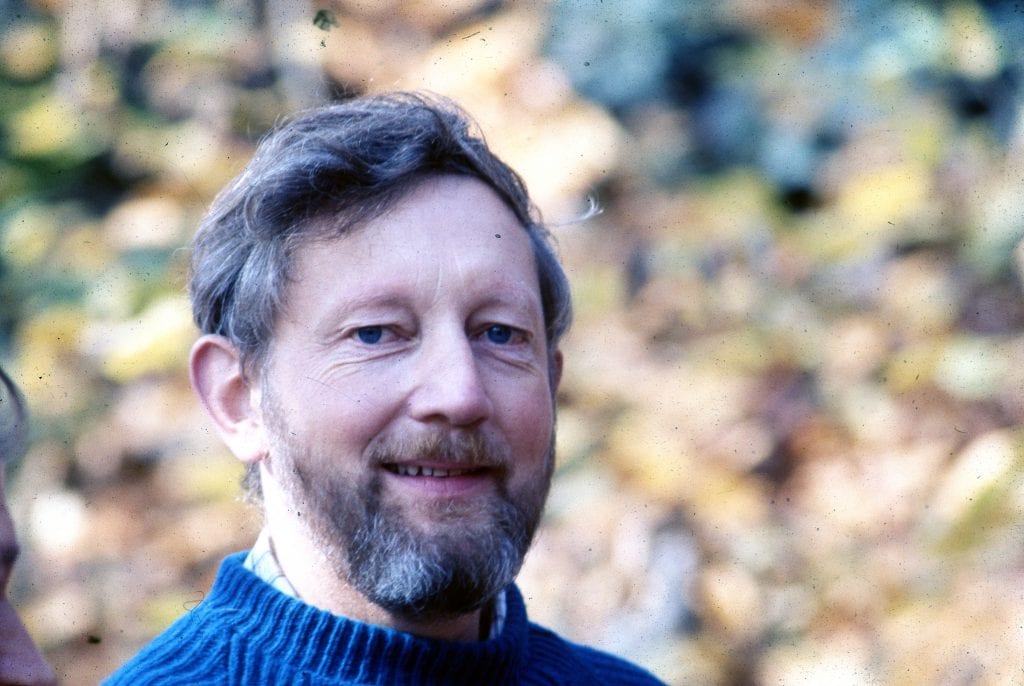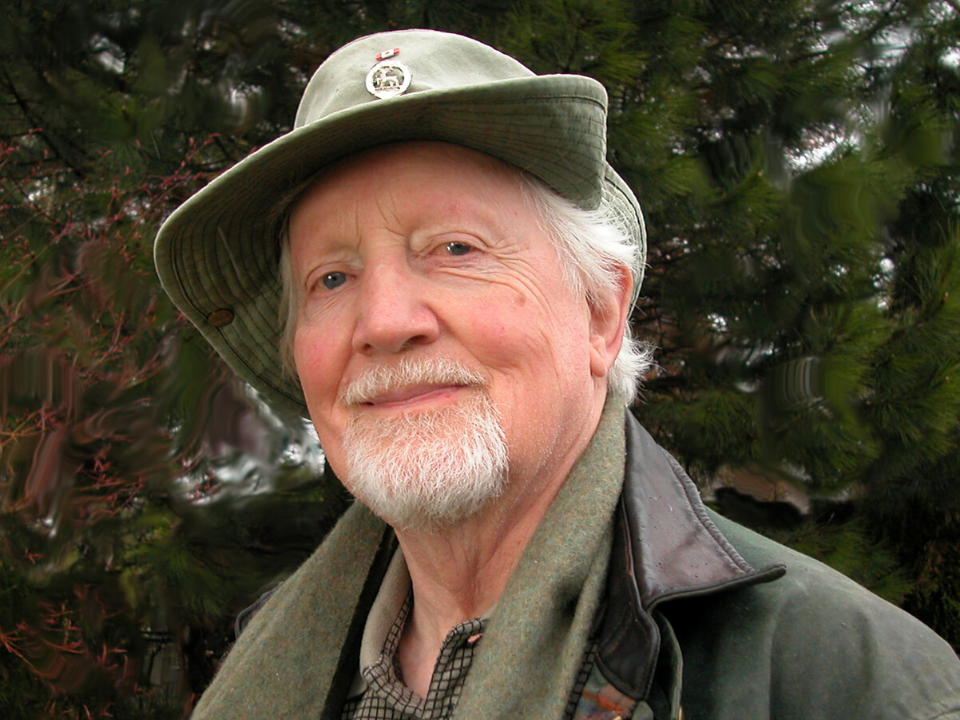Munroe Scott’s final creative act was also one of advocacy.
He spent his last full day alive working — revising an autobiographical one-person play about medical assistance in dying (MAID).
You may unsubscribe from any of our newsletters at any time.
Scott died on Sept. 15 in Lindsay, Ont., after choosing a medically assisted death. He had been diagnosed with prostate cancer, which had spread to his bones and was terminal. He was 92.
Scott was an “addicted writer,” said David MacDonald, his oldest friend.
“He just loved to write and he wrote extremely well. But he also felt a responsibility to deal with two things at the same time,” MacDonald said of the play. “One was the acceptability of medically assisted death. In other words, to defend against people who would simply say you’re just committing suicide, you don’t want to face the experience that most people face when they’re in a pre-death experience.
“But the other thing was that he wanted to let particularly men know that they have some choices to make when they are diagnosed with prostate cancer.”
The prolific Canadian writer had an enormous body of work spanning books, stage, television and documentary film, but was perhaps best known for a two-part biography of Dr. Robert B. McClure, the moderator of The United Church of Canada from 1968-1971. He also wrote books set in historical Canada, a memoir and a volume about flatulence titled Oh, Vulgar Wind: a Sympathetic Overview of the Common Fart. (His sense of humour was “wild,” MacDonald said.)
Robert James “Munroe” Scott, born in 1927 in Owen Sound, Ont., began his career working in film. He became a freelance writer in 1957 and wrote and directed much of The Tenth Decade, as well as First Person Singular and One Canadian for CBC Television.
More on Broadview: Medical assistance in dying is a new pastoral challenge
As far as his son David Scott knows, Munroe Scott wasn’t a public advocate for MAID during his life. Still, the younger Scott was unsurprised by his father’s decision.
David Scott remembered his father’s comments during the Sue Rodriguez controversy of the 1990s; Munroe Scott voiced the opinion that people should be able to make the decision to die if they were in sound mind.
“That was always his leaning,” David Scott said. “Certainly in the last year or so, I knew before he had told me that he was going to want to do this, I had suspected that if things headed in the direction that we hoped they wouldn’t, that that might be what he did, because he had spoken about it often enough before.
“His thoughts about life and death and the world would have led him to that point of view.”
Munroe Scott spent his final evening with David and his other two younger sons, Ian and Robert. They drank Munroe’s favourite whisky and spent time doing what he loved: laughing.
“He just sat and laughed uproariously with us until he got tired and went to bed,” said David Scott. “That was our last evening together, telling stories, talking about friends and family and telling jokes.”

Before he died, Scott enlisted a team of “mentors” to help his sons with the play, which is still unpublished.
“Part of his legacy would be to at least get his point of view on that out into the world and to become part of the discussion,” said David Scott.
In the play, the main character, named Munroe, shares his story behind his decision to end his life with a producer. It’s a thoughtful and wickedly funny piece, honest and without melodrama.
“I dunno, Doc,” he says at one point. “Do I want to buy time? At what cost? I’ve had 90 years with just enough bad time to appreciate good time.”
He also notes the difficulty of choosing a date to die:
“But hey, if I miscalculate — if an orthoblast blasts a nerve that short circuits something in my brain, or if I have a stroke and lose faculties before D day, then the MAiD plan is over — and the natural end game not over.”
A writer until the very end, Scott penned a farewell note on his personal blog on Sept. 11. In it, he detailed a conversation between him and his alter ego, Newshawk:
Newshawk did another slow shuffle-hop on the keys [of a computer keyboard]. “So where does that leave us?”
“Well, like I said, trying to figure out how to say ‘goodbye’.
“Sounds to me like you’re planning on using that new law?”
“The MAiD ? Medical Assistance in Dying? Yes. You bet. And with heart felt [sic] thanks to Jody Wilson-Raybould, our ex-Minister of Justice who managed to create it. Lots of glitches, gremlins and paradoxes in it for future fine tuning but even now, what a blessing. May she be re-elected. I’ve already signed the MAiD forms and, well, you know – every journey has that first step.”
“And soon ‘goodbye’ is for real.”
Broadview is an award-winning progressive Christian magazine, featuring stories about spirituality, justice and ethical living. For more of our content, subscribe to the magazine today.














Goodbye to you, Munroe. May you travel over the rainbow into that new land we hope exists. I am still looking for the grave of Joseph Ford, (my assignment from you last time we met). This is from your Davidson cousins at the farm.